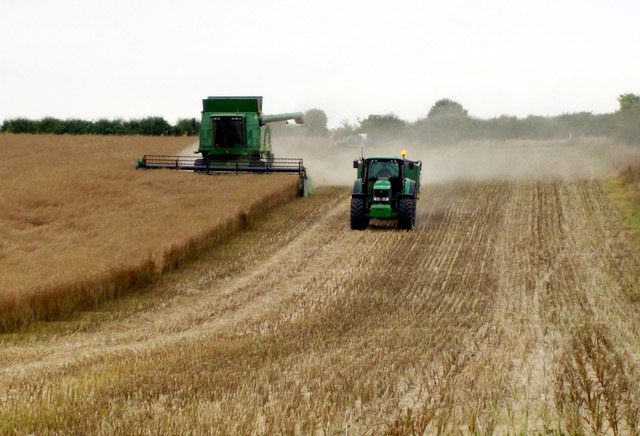
The countryside offers inadequate career opportunities for young people, according to a report released today.
The findings from NFU Mutual's Countryside Living Index, a quarterly representative survey of rural people in the UK, shows that almost a third of young people in rural areas fear they will have to leave the countryside to seek employment.
Entrepreneurial routes to success are also limited, with one in ten under 35s saying they are unable to start their own business due to lack of finance.
Older generations agree, with three quarters (74%) of those aged over 45 saying that employment opportunities are rarer today than when they started work and that career progression is limited in their area (49%).
However, the report also shows that confidence in the local rural economy is improving, with satisfaction scores rebounding by five per cent over the last three months of 2012.
The Government's Rural Economy Grants are thought to be playing a part in this confidence turnaround. Announced last year, they were over-subscribed by 400% with nearly £224m of grants applied for by rural businesses (against the available £60m).
Four hundred and fifty projects, worth over £90 million, have been invited to submit a detailed business case for funding. Defra expects most of these funds to be committed to projects by July 2013, which range across farming, forestry, tourism, and agri-food businesses and vary in size from £25,000 up to around £2 million.
The study also suggests that many young people starting careers in towns or cities return to the countryside later in life as well as there being a ‘hardcore’ of rural-dwellers who say nothing could make them move from the countryside.
Richard Percy, Chairman of NFU Mutual said: "This study clearly highlights the urgent challenge faced by farms and rural businesses in the UK, where the lack of financially viable opportunities for young people is potentially threatening the long term viability of the entire sector.
"With the cost of living relatively high in the countryside, finding employment opportunities which pay sufficiently well to attract young people into the industry, especially if they are not already within a family business, can be extremely difficult.
"No one is more important to us than farmers and the rural community, which is why we are committed to tackling this issue and providing a lasting legacy for the future of farming through schemes such as funding post graduate places on agricultural study courses."
The Countryside Living Index is a representative UK-wide survey of more than 1500 people, which tracks sentiment and quality of life in the countryside every quarter. Satisfaction overall remained stable in the fourth quarter of 2012, but concern around levels of crime rose slightly.
